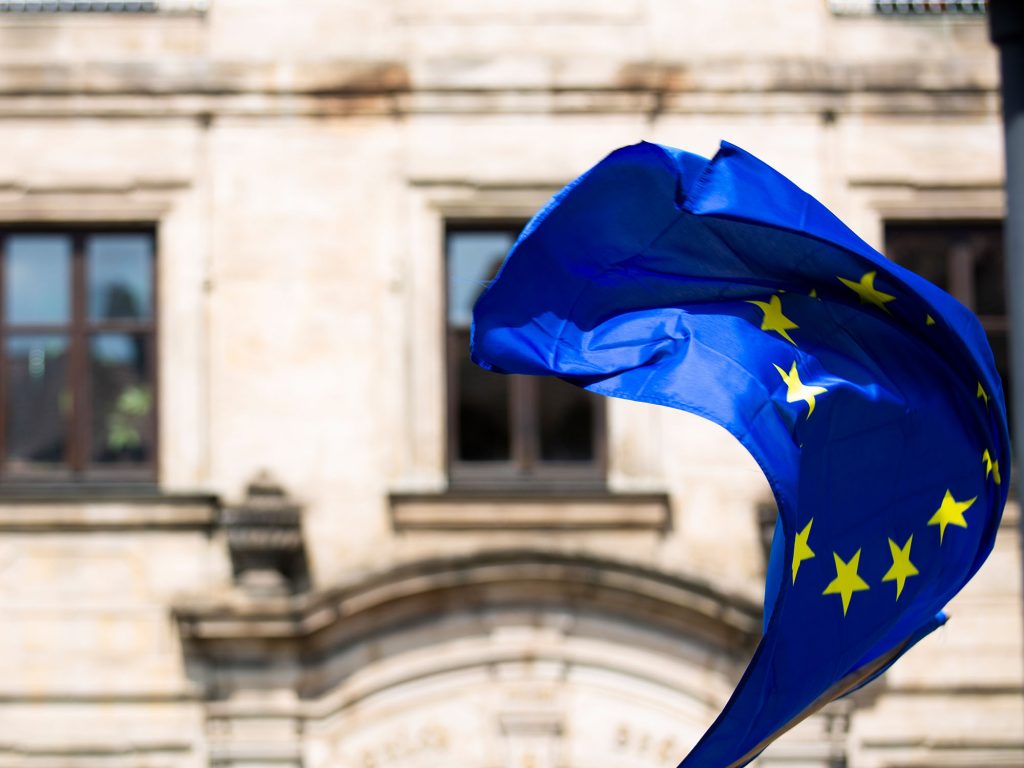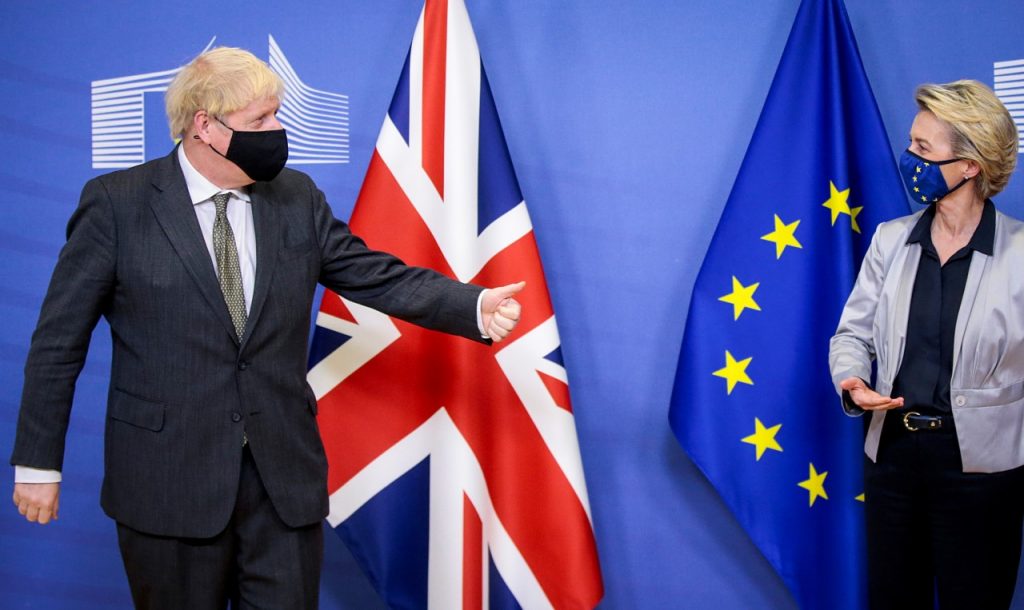Toward a future EU-UK relationship in foreign policy and defense
Despite an initial ambition for a close foreign policy and defense relationship, the politics of the European Union (EU) and United Kingdom’s (UK’s) post-Brexit negotiations were not conducive to a comprehensive deal in that domain. Indeed, it did not feature at all in the agreements concluded on December 24, 2020.
Both the EU and the UK had shown at first a willingness to move toward a deep foreign policy and defense agreement, as reflected in the 2019 Political Declaration. However, frictions arising from the negotiation of the Brexit withdrawal agreement as well as changes in the political atmosphere and the UK’s strong emphasis on sovereignty led to foreign policy and defense being taken off the table.
Foreign policy and defense are unlikely to return to the forefront of the agenda on their own. Unlike trade or fisheries, limited cooperation in that field will not be felt by citizens in a direct manner. The effectiveness of multilateral sanctions could be reduced but this is unlikely to be a topic of popular concern.
In the lead up to Brexit, British participation in EU Common Security and Defence Policy (CSDP) operations was already limited. Most of the UK’s industrial cooperation with Europe is taking place outside of the EU format—this is a relatively new area for the EU to venture in. Policy makers tend to feel that the issue of British participation is a choice to be made further down the road.
Yet maintaining a deep relationship between the UK and Europe is as necessary as ever. It is key that policy makers remain seized of the matter. The UK and the EU will continue to share the same geography, the same strategic environment, and the same values, a reality recognized on both sides of the Channel. Under Brexit, the EU will lose the ability to tap into the UK’s substantial capabilities while the UK will no longer benefit from accessing EU instruments tailored to intervene on the Southern flank, blending development assistance and military force.
The industrial impact of a disrupted relationship will be felt by the many companies with cross-Channel supply chains. They are concerned about the lack of political will to launch future cooperative projects, something that would benefit both sides of the Channel as the cost of developing next-generation technologies rises, and defense budgets come under pressure in the post-COVID-19 era.
Overall, maintaining political and personal relationships will be key to avoid dividing the transatlantic family. As the UK moves on from the Brexit process, it should find in the EU a partner sharing the same values and aspirations.

Europe Center
Providing expertise and building communities to promote transatlantic leadership and a strong Europe in turbulent times.
Image: Britain's Prime Minister Boris Johnson meets European Commission President Ursula von der Leyen in London, Britain January 8, 2020. REUTERS/Toby Melville
